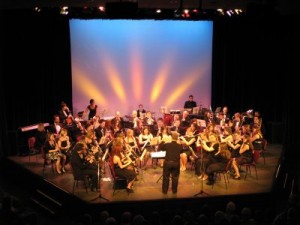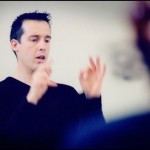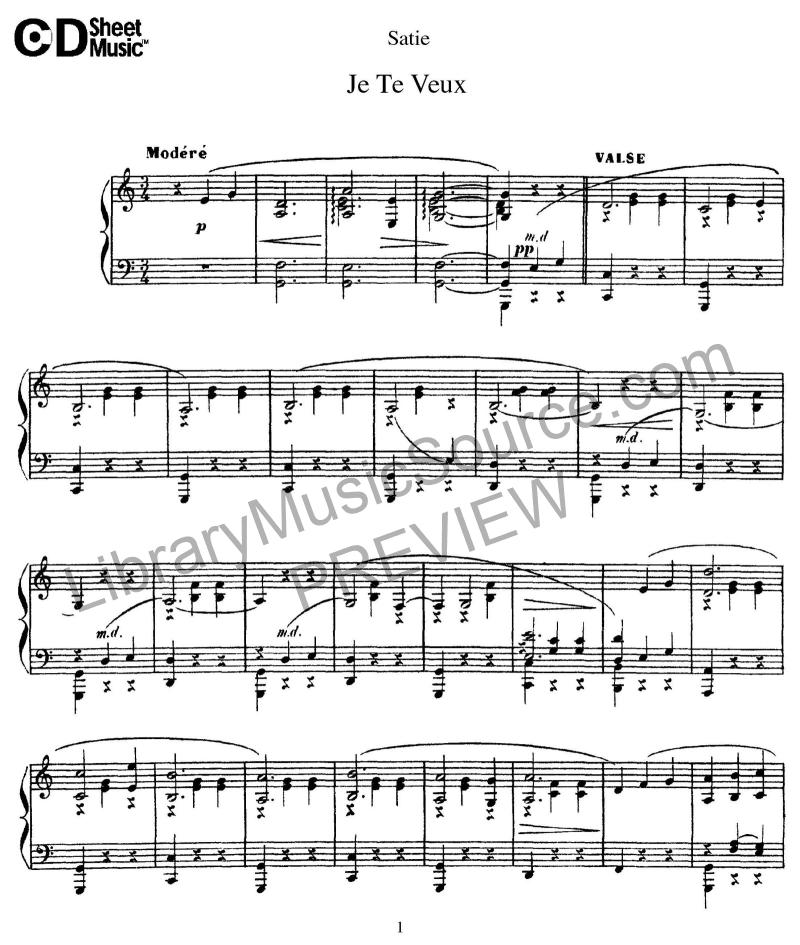It seems but scant moments ago that we were here at the music stand at the University’s Open Day; checking back, I see it’s been about four weeks since last we were here; how time flies when you’re busy getting music together at the start of the academic year!
 I walked across to the Sports Hall this morning at 8.30 to set up, accompanying a chap who was coming to the Open Day; he’d come straight from working a night-shift directly onto the campus to come and find out about courses of study in IT: now that’s dedication – hats off to you, sir!
I walked across to the Sports Hall this morning at 8.30 to set up, accompanying a chap who was coming to the Open Day; he’d come straight from working a night-shift directly onto the campus to come and find out about courses of study in IT: now that’s dedication – hats off to you, sir!
It’s now 9.30am, and we’ve already had two visitors to the ‘Making Music’ stand asking about choral and piano-playing opportunities.
We’ll be reporting live from the stand throughout the day – and on Twitter – keep up via @Unikent_music.
New this time are live updates from the University on Twitter (or via text) from @UniKentLive; follow them for live updates and assistance throughout the day!
10.20am; our usual competition for ‘Visitor from the Farthest-Flung Corner of the World’ has had a strong contender with someone coming from Spain. Nine visitors so far….
12.30pm: we’re now up to thirty-five visitors: no further challenges to the ‘Farthest-Flung’ competition, although a tip of the hat to visitors from Bath and Torquay! A variety of singers and instrumentalists coming to the stand. When’s lunch ?
2pm: heading into the final hour of the day, I notice the Twitter-trending on #kentopenday is keeping the Twitterverse busy, lots of reaction to today’s events from visitors. Visitors from Southampton, Yorkshire, Staffordshire, Hertfordshire and elsewhere having been keeping the music stand busy. Lots of awareness of, and interest in, the new Colyer-Fergusson music building and the opportunities to use it when it opens net summer. And we’ve not even finished the ‘Revels’ that we opened at 10 o’clock this morning: that shows you how busy we’ve been. I wonder if there’s a recognised system for measuring levels of industry by the amount of sweets that have been unconsumed ?
3pm: and that’s it! Good to see so many people interested in making music at the University from September next year, save travelling home, we look forward to seeing you in the new music building!

 First up, the colossus of the saxophone world Wayne Shorter leads his quartet in a
First up, the colossus of the saxophone world Wayne Shorter leads his quartet in a  Also on iPlayer is a rarity, a piece from composer
Also on iPlayer is a rarity, a piece from composer 
 I walked across to the Sports Hall this morning at 8.30 to set up, accompanying a chap who was coming to the Open Day; he’d come straight from working a night-shift directly onto the campus to come and find out about courses of study in IT: now that’s dedication – hats off to you, sir!
I walked across to the Sports Hall this morning at 8.30 to set up, accompanying a chap who was coming to the Open Day; he’d come straight from working a night-shift directly onto the campus to come and find out about courses of study in IT: now that’s dedication – hats off to you, sir!
 Visit the
Visit the 
 From Monday, and on
From Monday, and on 